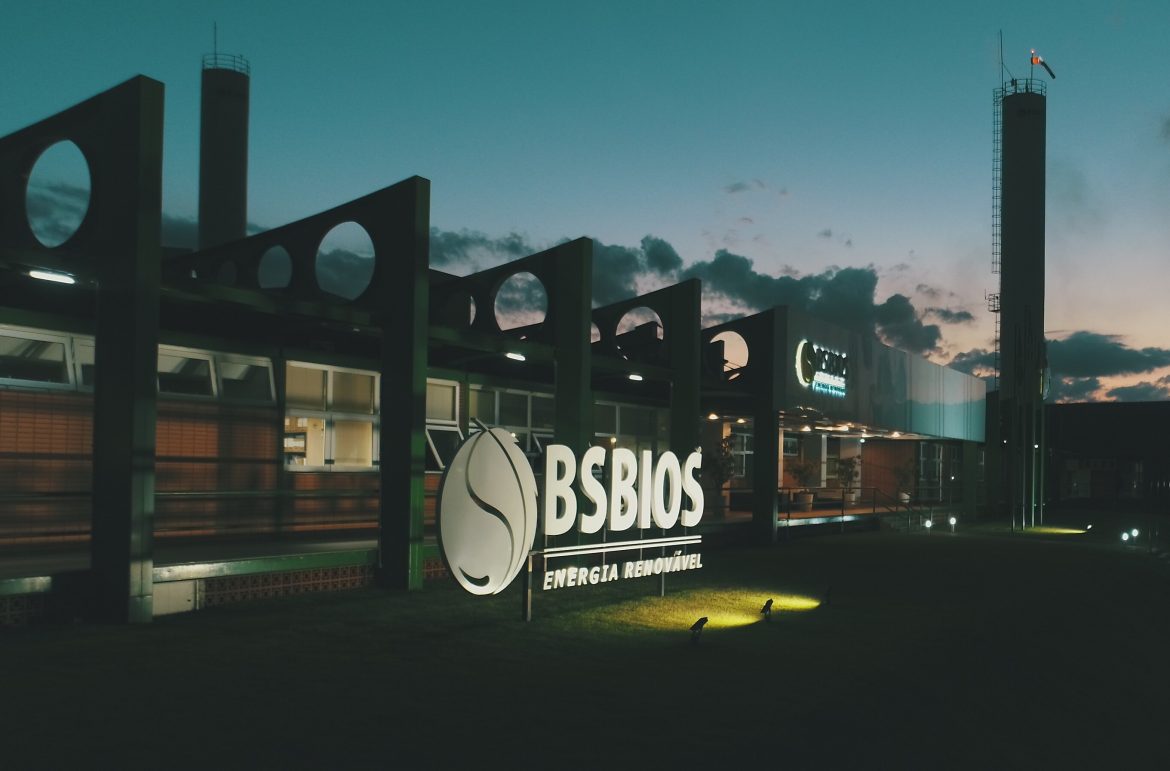We are ending 2021, a great year for biofuels, with many good news in the world for the sector, which signals a good expectation for the new year.In the skies of the world aircraft are already flying with SPK (SyntheticParaffinicKerosine, a biokerosene, also known as SAF).In this link, we can observe the aircraft in real time in the world that are using the advanced biofuel.
The aviation sector seeks to meet the definitions of the CORSIA (Carbon Offsetting and Reduction Scheme for International Aviation). Advanced biofuels will play a key role in the aviation industry’s pursuit of these GHG (greenhouse gas) reduction targets.
The international agreement came into force in 2021 with the adoption of the Voluntary Regime, for each country (the European Union countries chose to join the regime at this stage). The mandatory regime will be adopted between the years 2027 and 2035.
The governments of Norway and Sweden have enacted laws supporting sustainable biofuels in aviation, while France is discussing a mandate for its introduction in the short term.In the United States, there is already voluntary adoption and large airlines are using biokerosene.
Brazil already has approved quality specifications, but needs to move forward with the definition of regulatory frameworks and public policies that support the investment process in the country for this industry.
COP26
Another good news this year was the repercussion of the United Nations Climate Change Conference 2021 (COP26), held in November. The sense of urgency shown by the main global leaders places biofuels as an ideal solution for large urban centres due to the fact that they represent low investment costs in the transition process and without the need to change engines.
The Brazilian corporate sector was present at COP26 and demonstrated its commitment to sustainable development, economic growth and the generation of green jobs.
Biofuels: an environmentally more sustainable alternative
While the proposals for Electric Vehicles (EV) and the use of hydrogen propulsion have not yet shown their effective contribution to reduce GHG emissions, biofuels play a leading role as an environmentally more sustainable alternative to fossil fuels with the advantage of not requiring major technical changes.
Connected to the global trend of using renewable diesel HVO (HydrotreatedVegetableOil), or green diesel, ECB Group, through its subsidiary BSBIOS, started the infrastructure works of our biorefinery in Paraguay. The Omega Green project, with an estimated investment of US$ 1 billion, involves the first HVO and SAF plant in the Southern Hemisphere.
RenovaBio, a world reference
I personally verified during the COP26 the world recognition that our National Biofuels Policy (RenovaBio) has as an efficient strategy for the introduction of biofuels for the transition to a clean energy matrix.
Brazil made a mistake by reducing the mixture to 10% (when it should be 13% in 2021 and 14% next year) and I believe that this mistake will be quickly reviewed, especially because the country has increased its goal of reducing GHG emissions from 43% to 50% by 2030.
In this opportunity, it became clear that the main path to meet this target is and will be through biofuels.
I am increasingly sure that Brazil and Latin America have an immense opportunity to become a Green Middle East of biofuels. For this, we need clear public policies and their continuity so as not to scare off new investments.

